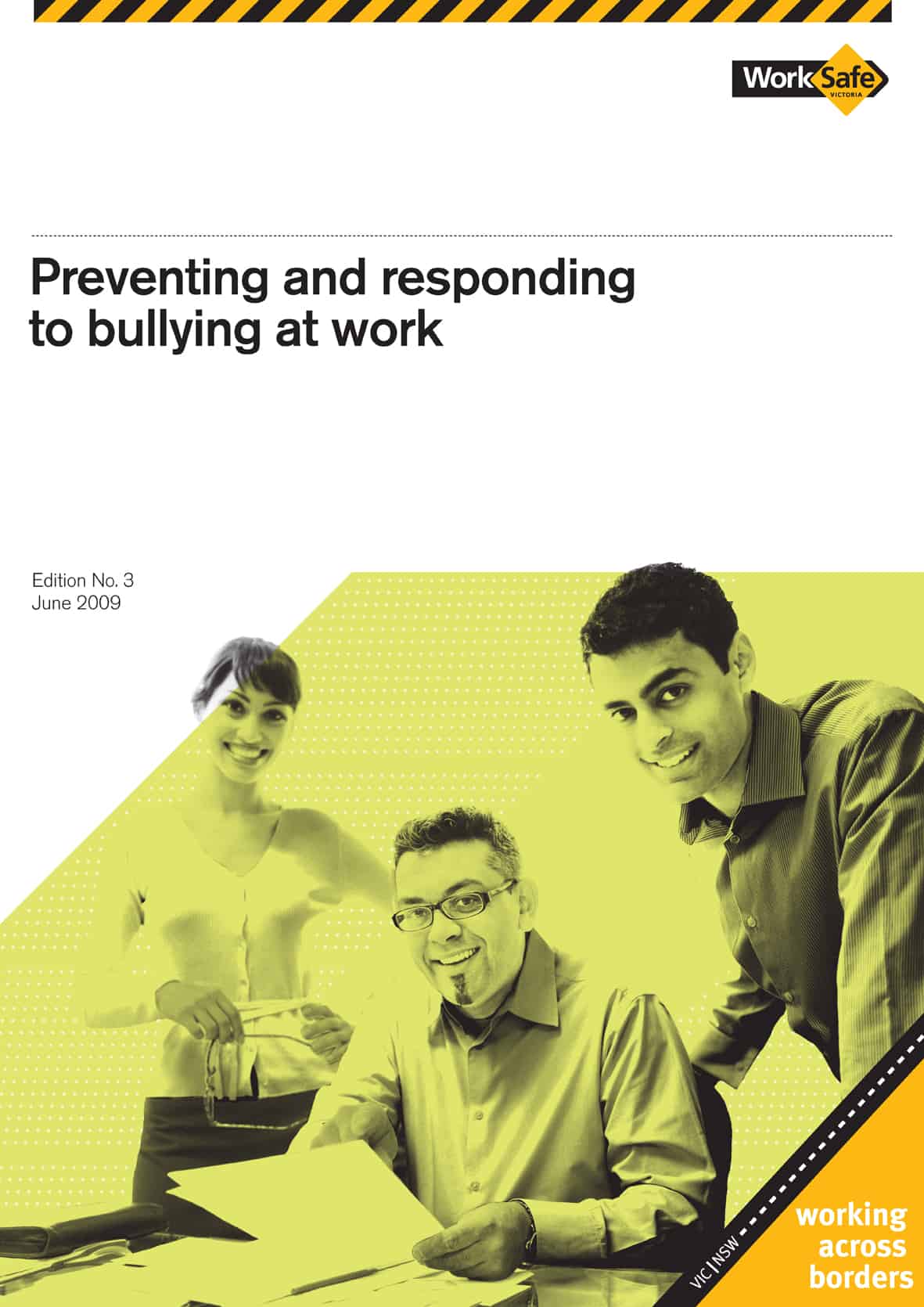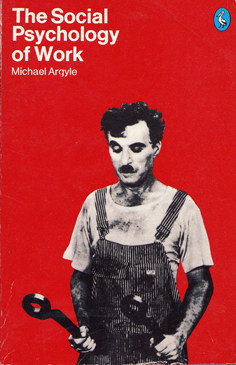On 25 March 2010, the International Labour Organization released an updated list of occupational diseases. On the ILO website, it is stated that
“Mental and behavioural disorders have for the first time, been specifically included in the ILO list.”
All occupational diseases, including psychosocial hazards, had to satisfy the following criteria in order to be considered:
- “…that there is a causal relationship with a specific agent, exposure or work process;
- that they occur in connection with the work environment and/or in specific occupations;
- that they occur among the groups of workers concerned with a frequency which exceeds the average incidence within the rest of the population; and
- that there is scientific evidence of a clearly defined pattern of disease following exposure and plausibility of cause.”
The exact text from the revised List of Occupational Diseases Recommendation R194 is
“2.4. Mental and behavioural disorders
2.4.1. Post-traumatic stress disorder
2.4.2. Other mental or behavioural disorders not mentioned in the preceding item where a direct link is established scientifically, or determined by methods appropriate to national conditions and practice, between the exposure to risk factors arising from work activities and the mental and behavioural disorder(s) contracted by the worker”
What this means in practice is unclear and is likely to vary from country to country in relation to recognition of UN and ILO recommendations. What it does establish is that an international authoritative OHS body has acknowledged the existence of psychosocial hazards.
“The Eagle has landed” however there will remain some organisations who will always believe that occupational causes of psychosocial problems belong on the same sound-stage as the Apollo moon landings.


 In February 2010, the New York Times ran an
In February 2010, the New York Times ran an